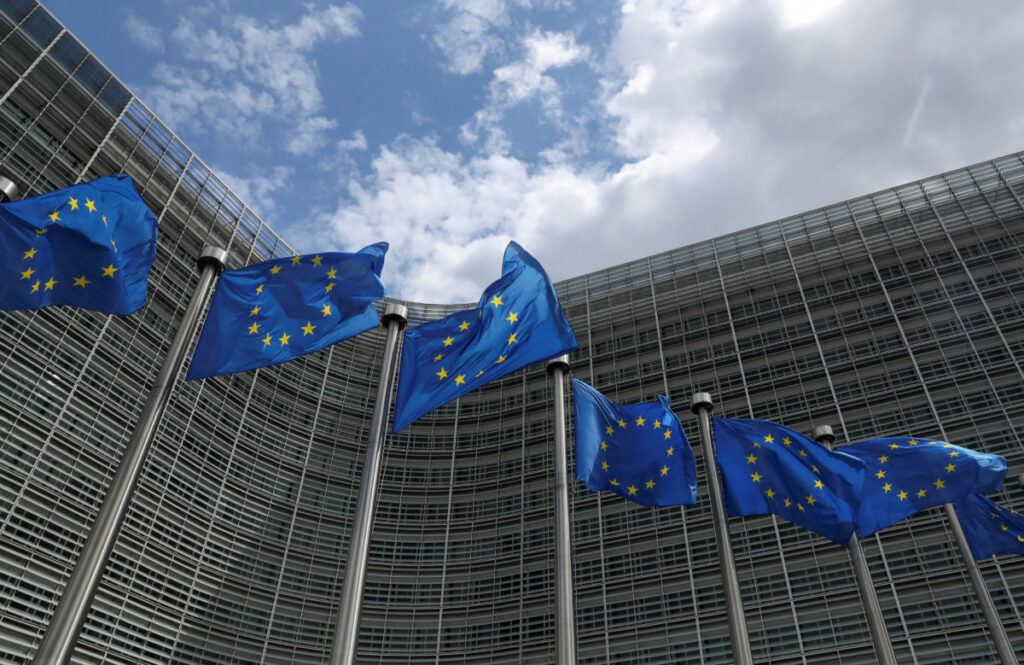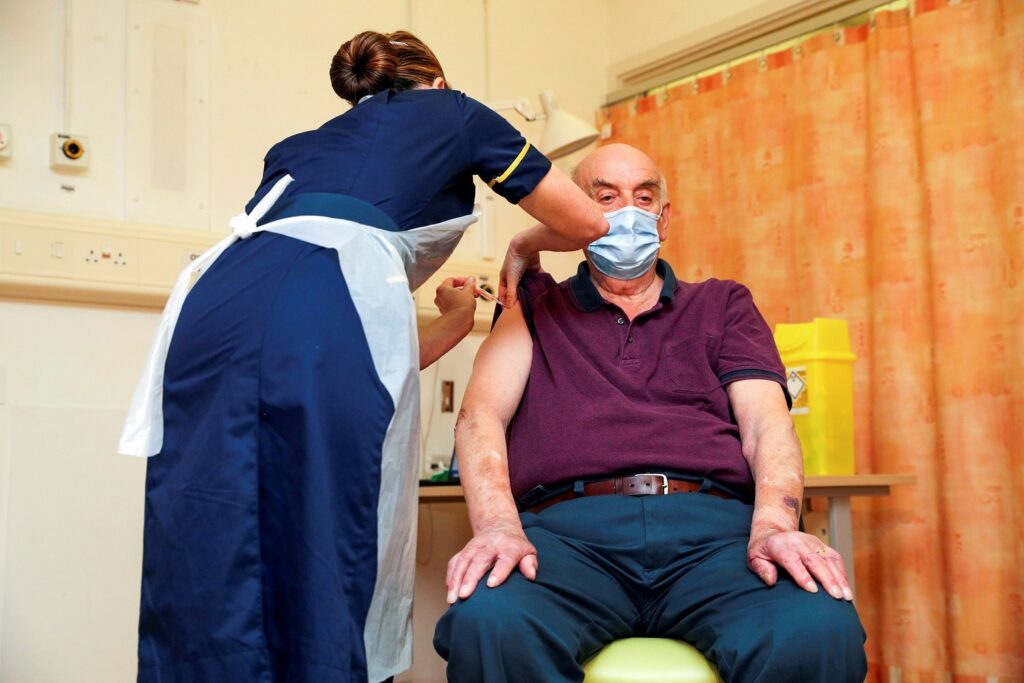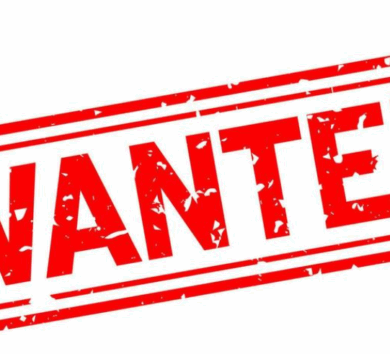
Action being taken to ease supply shortages within the trading block

The European Union (EU) has presented new emergency rules that will cut the export of COVID-19 vaccines produced on the continent to Britain and other countries.
This is reportedly being done to ease supply shortages in continental Europe. Already the EU is advancing emergency legislation to effect the cut in export, which should last for six weeks.
It comes in response to supply shortages at home that have created a political maelstrom amid a rising third wave on the continent. This move is not expected to go down well for developing nations, which are clamouring for more supply of the vaccines to inoculate their population against the pandemic.
It will also fuel the debate that rich countries are hoarding the vaccines at the expense of poorer nations. The legislation to cut exports of the much-needed vaccines, which was unveiled yesterday (March 24) includes new rules that will make it harder for pharmaceutical companies producing COVID-19 vaccines in the EU to export them.
Cuts could be enforced as early as today
The export cut is being pushed through by the European Commission, the executive branch of the European Union and could come into force as early as today. E.U. officials said the new rules would allow a degree of discretion, meaning that they won’t result in a blanket ban on exports noting that many exports may continue.

The EU has been primarily at loggerheads with AstraZeneca since it drastically cut its supply to the bloc, citing production problems in January. Some critics say the company that produces the AstraZeneca vaccine is the main target of the new rules.
However, the legislation, which could block the export of millions of doses from EU ports, could also affect the Pfizer and Moderna vaccines, also used to treat COVID-19. Britain is by far the biggest beneficiary of EU exports of the AstraZeneca vaccines and stands to lose the most by these rules, which could be applied to curb exports to other countries like Canada, which is the second-largest recipient of EU made vaccines.

Analysts say the legislation is unlikely to affect the United States, which has so far received fewer than one million doses from EU-based facilities. The Biden administration has said it has secured enough doses from its three authorised manufacturers — Pfizer-BioNTech, Moderna and Johnson & Johnson to cover all adults in the country by the end of May.
The overwhelming bulk of that supply is coming from plants in the United States.
Escalating tensions between EU and AstraZeneca
The new rules come after months of escalating tensions between the EU and AstraZeneca, which has become toxic for the bloc’s fragile relations with its recently departed member, Britain. The trouble began in late January, when AstraZeneca told the bloc it would cut its deliveries by more than half in the first quarter of 2021, upending vaccine rollout plans.
In response, the EU put in place an export-authorisation process, requiring pharmaceutical companies to seek permission to export vaccines and giving the EU the power to block them if they were seen as running counter to a company’s contractual obligations to the bloc.
Since February 1, the EU blocked only one out of more than 300 exports, a small shipment of AstraZeneca vaccines to Australia. This was done on the grounds that the country was nearly COVID-free while the bloc was struggling with rising infections.
The new rules introduce more grounds to block exports such as encouraging blocking shipments to countries that do not export vaccines to the EU, a clause clearly targeting Britain or to countries that have “a higher vaccination rate” than the EU.







Comments